Health services scaled up to combat chicken pox in Cox’s Bazar
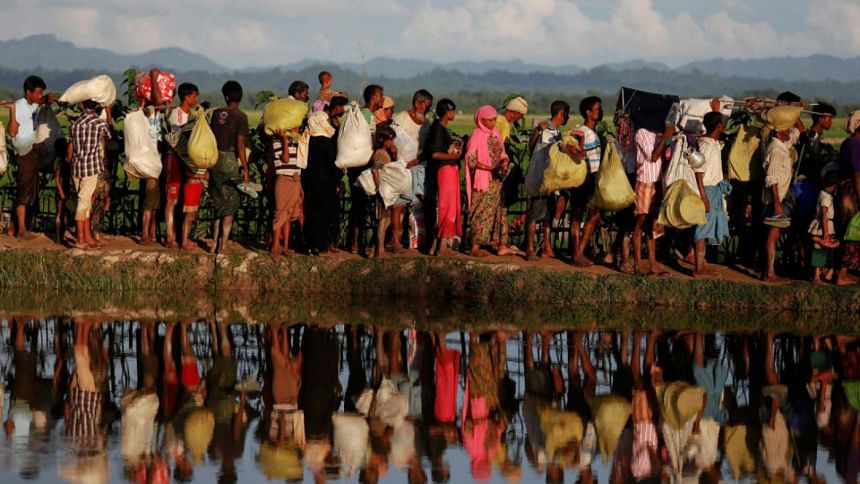
Responding to an outbreak of chicken pox in the Rohingya refugee camps, health sector partners led by the Ministry of Health and World Health Organization have stepped up surveillance and initiated measures to curtail further spread of the disease and prevent any complications.
"Clinicians and health workforce are being trained for identifying chicken pox cases early, and efforts are on to promote preventive measures. Surveillance has been further beefed up in the Rohingya camps," said Dr Bardan Jung Rana, the WHO Representative to Bangladesh.
As of January 13, a total of 832 Rohingya refugees living in Cox's Bazar camps, have been confirmed with chicken pox since December 2018. Out of which, 51 per cent were reported from Ukhia and 49 per cent from Teknaf, with 39 per cent under the age of 5, according to a joint statement from health ministry and WHO.
During the period, a three-year-old child with chicken pox has died due to causes not directly related to the disease, the statement said.
Chicken pox, also known as Varicella, is an acute, highly contagious disease caused by varicella zoster virus, usually during childhood. It's a self- limiting disease, but severe complications may arise such as secondary bacterial infections in children, and pneumonia in adults, it adds.
"Refresher trainings for clinicians and health workers are being conducted to ensure timely diagnosis and referrals to prevent complications," said Dr Mohammad Abdul Matin, Civil Surgeon of Cox's Bazar District.
Health and non-health volunteers as well as religious leaders are being engaged to enable communities identify symptoms as well as take precautionary measures to prevent further spread of the disease.
Led by the civil surgeon, a team from Ministry of Health (MoH), World Health Organization and other health sector partners are taking all possible measures to curtail the outbreak.

 For all latest news, follow The Daily Star's Google News channel.
For all latest news, follow The Daily Star's Google News channel. 


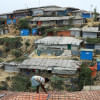
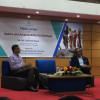
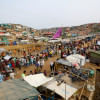
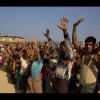


Comments